By John A. Charles, Jr.
For those of us who came of age in the 1970s, the conventional wisdom was that cars were gas guzzlers and the environmentally correct way to travel was via transit.
That is no longer the case.
Last month the Federal Transit Agency (FTA) released its 2022 National Transit Database. According to Oregon economist Randal O’Toole, the results show that transit used more energy per passenger-mile than the average car or light truck in every urban area. Transit vehicles also emitted more greenhouse gasses than the average car or light truck in every urban area except New York.
Local planners seem to have missed this development. Metro’s proposed Regional Transportation Plan, which the agency will adopt in early December, recommends that we provide more funding for TriMet and take measures to increases ridership as a means of reducing greenhouse gas emissions. Obviously this strategy will fail, because transit itself is failing.
TriMet’s share of all regional trips today is about 4%, which means it’s irrelevant to most regional travelers. This suggests that it’s time to reconsider the basic purpose of the agency. Ridership peaked in 2012, and there is no evidence that it will ever come back. If there are few riders and transit vehicles are less efficient than cars, what is the point?
John A. Charles, Jr. is President and CEO of Cascade Policy Institute, Oregon’s free market public policy research organization.
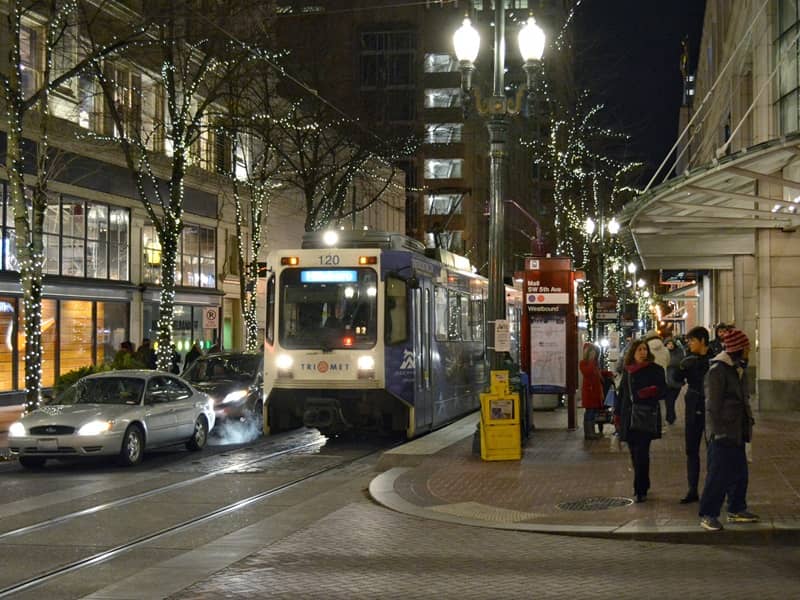

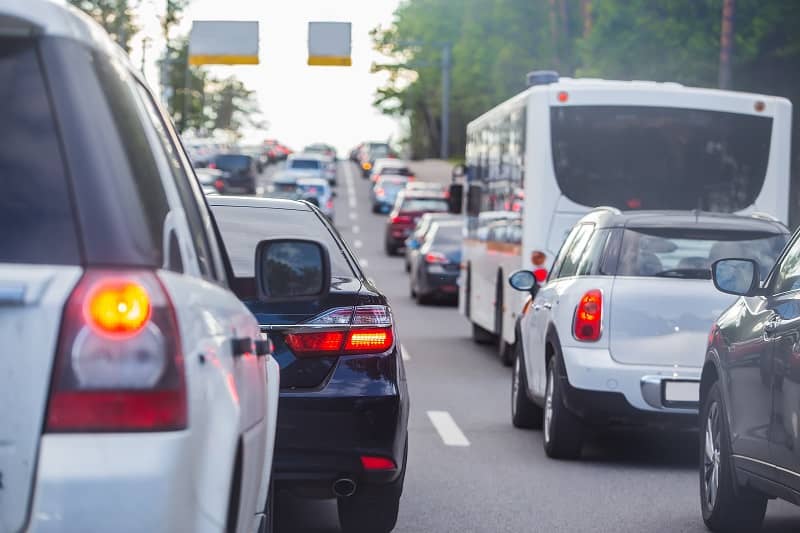
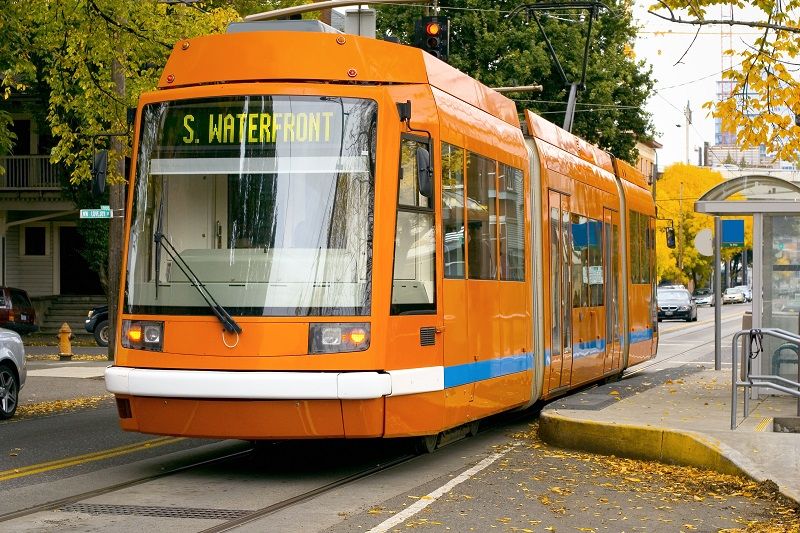


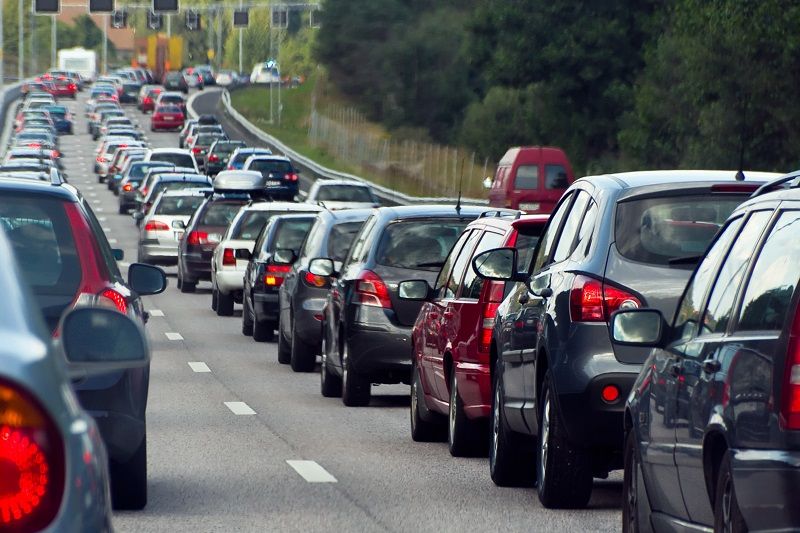
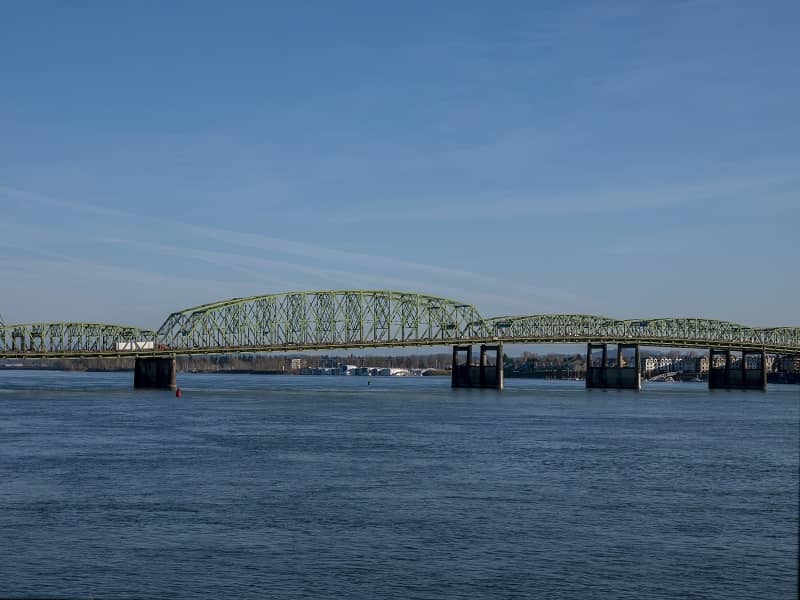
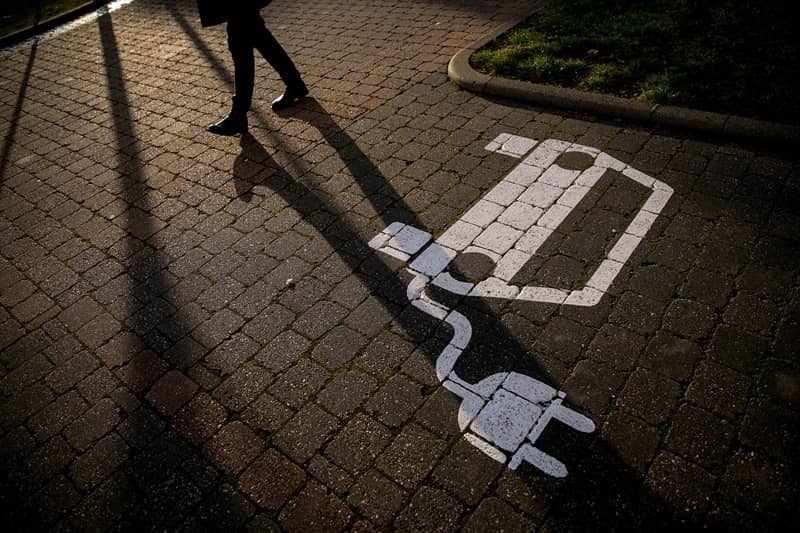


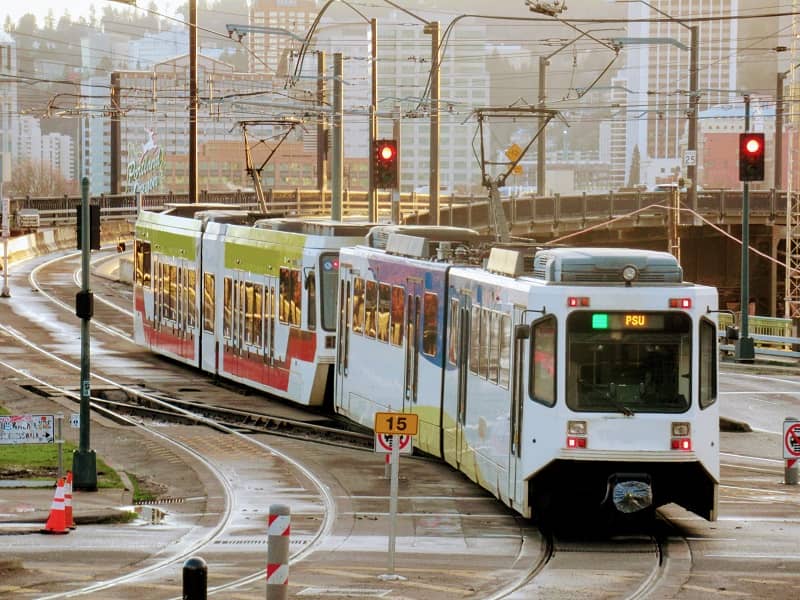

Douglas W Warneke
I would love to see a comparison of various mass transit passenger mileage and the individual vehicle passenger mileage.